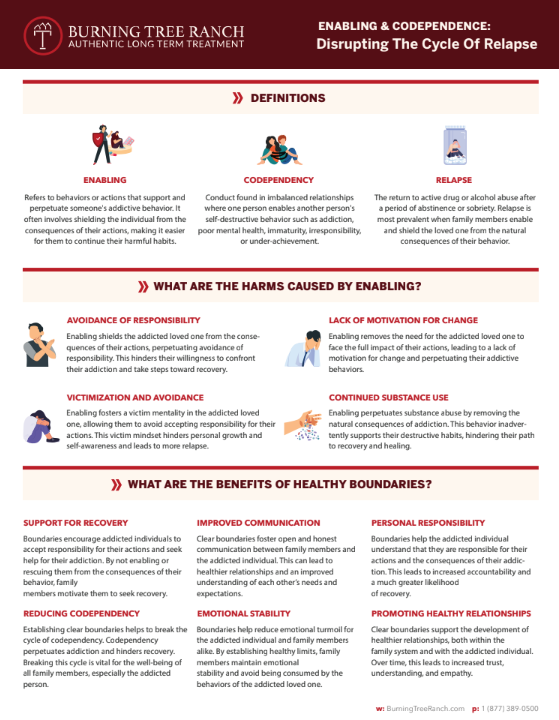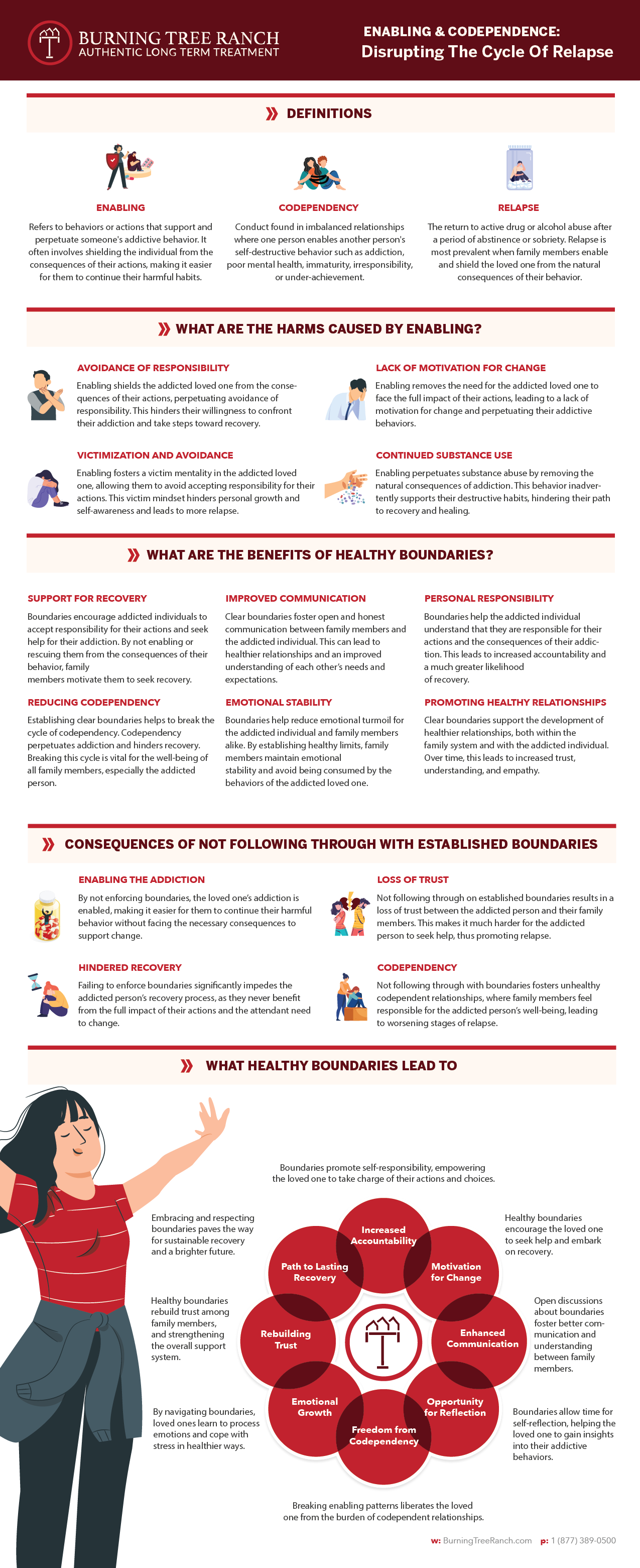Family Involvement: The Crucial Role of Family in Addiction Recovery
Understanding Addiction as a Family Disease
We believe addiction is a family disease and that permanent recovery requires the involvement and commitment of all loved ones.
Burning Tree is dedicated to helping our clients achieve lasting recovery and supporting their families throughout the journey.
Our long-term, progress-based treatment program is a transformative experience for everyone involved. Families and treatment providers must work together to foster growth, healing, and renewed hope.
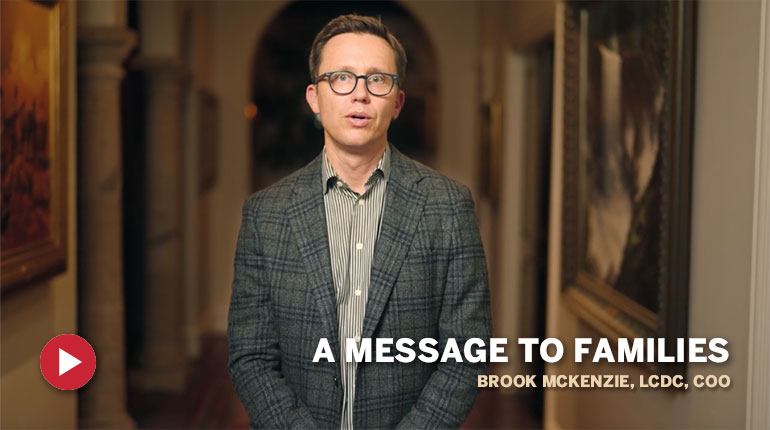
Acknowledging the Trauma: Providing Space for Families to Heal
If you think it’s only your loved one who needs recovery support, answer this question for yourself: “How do you feel right now?”
Addiction takes a heavy toll on families, often leaving deep emotional, psychological, and relational wounds in its wake. We provide a safe, supportive environment where families can process their experiences, express their feelings, and begin healing.
By acknowledging families’ pain and challenges, we help them build the resilience and strength needed to support their loved one’s recovery while prioritizing their well-being.
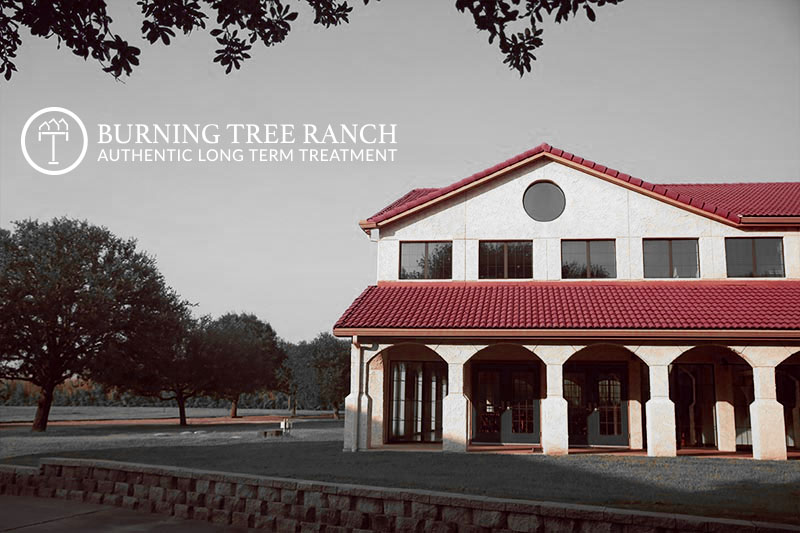
Encouraging Family Participation in Recovery Programs
We strongly encourage families to unite in a common but separate journey towards wellness. As this process begins, we ask our families to let go of everything they think they know. We ask that you disregard all of your past experiences in other treatment programs—the programs that haven’t worked—in order to embrace new information, new principles, and a brand-new way of living.
There are several recovery programs outside of Burning Tree that will assist in this journey:
These programs help family members understand the nature of addiction, develop healthy coping strategies, and learn how to set and maintain boundaries.
As the family embarks on their healing journey, so does the loved one. This parallel growth process is designed to bring about a deep and permanent restoration to the family system.
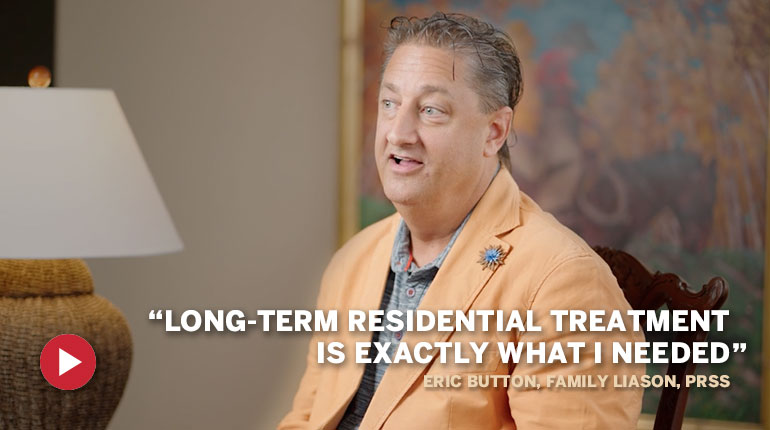
Setting Realistic Expectations: Making Sacrifices for Lasting Recovery
All families say they want a sober, healthy, and self-supporting loved one to emerge from the treatment experience at Burning Tree Ranch.
Many families do not realize that consistent boundaries must be established and adhered to to achieve this outcome. Families must be prepared to make difficult choices and prioritize their loved one’s recovery over short-term comfort or convenience. With enough willingness from the family, We can unite as a team to create an environment that supports lasting change and true independence.

“What are you willing to give up to get what you say you want?”
David Elliott, Founder & President
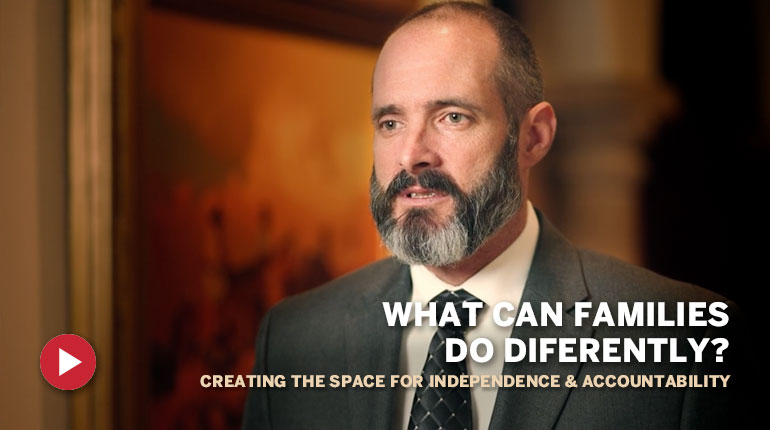
Breaking the Cycle: Addressing Enabling and Codependence
Enabling and codependence are common patterns in families affected by addiction, often perpetuating the cycle of substance abuse and relapse. Usually, these behaviors are unintentional and are simply the byproduct of trying to help our loved ones.
Enabling involves actions that shield the addicted individual from the consequences of their behavior.
Codependence refers to an excessive emotional or psychological reliance on the addicted person.
While usually well-intentioned, these patterns can inadvertently undermine recovery efforts and create an unhealthy family dynamic. Our family programs help identify these behaviors and develop strategies for breaking the cycle.
How Do I Know If My Loved One is a Fit for Burning Tree Ranch?
Letters to Families: Read First-Hand Accounts Of Recovery
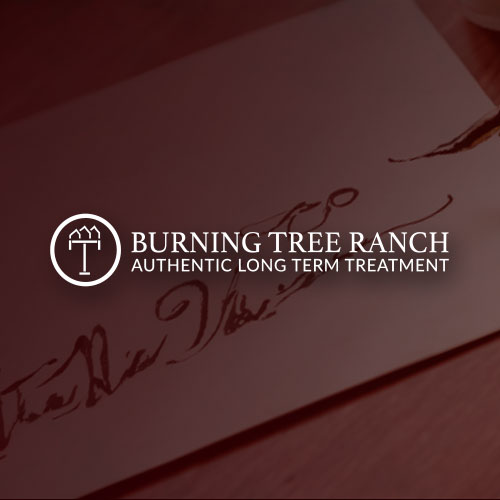
A Letter for Families From Our Clinical Director Meghan Bohlman
Dear Families, I often meet you after the whirlwind that ends with your loved one arriving at Burning Tree Ranch. I meet you in the space between relief that your loved one made it into long term treatment and fear that they won’t stay long enough to accept the help being offered. It is in this space that our treatment team will begin construction of something new with you.

A Letter for Families from Lisa M., Mother of an Alumnus
Dear Families, When I started this letter for Burning Tree families I thought about what I would have wanted to hear when I was at the point you are at now. What words of wisdom could someone give me? It wasn’t more addiction horror stories; you’ve experienced that firsthand.

A Letter for Families from Elisabeth, Spouse of Burning Tree Alumnus
Dear Families, I once heard a speaker talk about sitting in front of the ocean and trying to stop the waves from crashing on the shore – that this is what powerlessness felt like. While the speaker was talking about their drinking and powerlessness over alcohol, I could relate to what he was saying.
Curated Resources for Families in Addiction
In addition to the support and guidance provided by our team at Burning Tree Ranch, numerous resources are available to help families educate themselves, find support, and prioritize their own well-being. We’re constantly creating and curating information we think families will need on the journey towards recovery.

- Brook McKenzie, LCDC
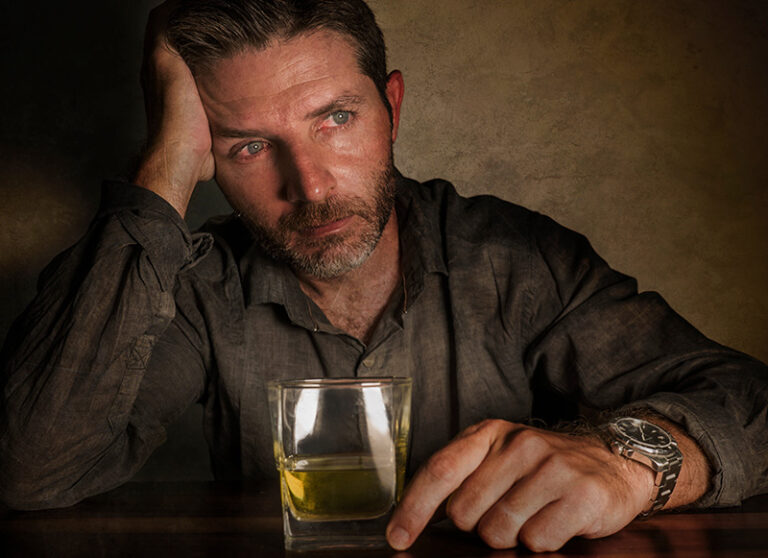
- Brook McKenzie, LCDC





